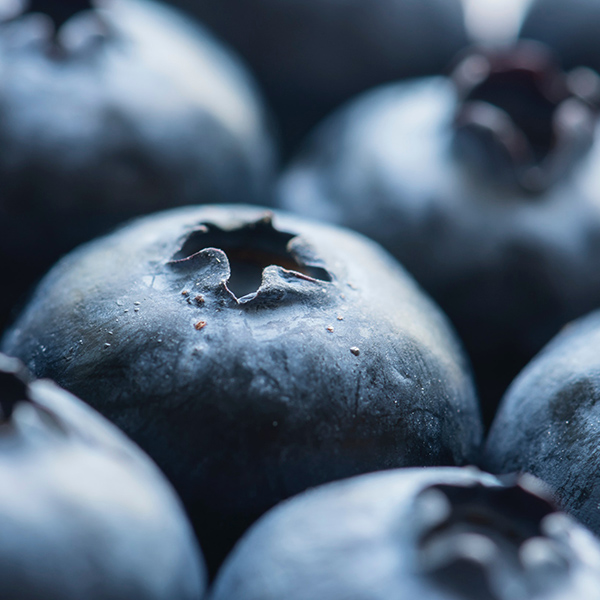JUN
23

If you’re concerned about how alcohol may impact your health and wondering, “Does alcohol thin your blood? Our tailored treatment levels and top-notch professionals guide you through evidence-based therapies. Chronic alcohol use can lead to liver diseases such as fatty liver, alcoholic hepatitis, and cirrhosis. The liver is essential for processing and metabolizing alcohol, and excessive consumption can overwhelm its capacity. “I believe the French https://ecosoberhouse.com/ paradox is really not explained by alcohol and red wine consumption as much as these other factors,” states Dr. Bruemmer.
Does alcohol offer health benefits?
If you know you’re vulnerable to alcohol misuse, try not to put yourself in an environment that will encourage excessive intake. For those who have a problem with alcohol use disorder, there are resources and tools to help reduce alcohol intake. There’s more than one kind of blood thinner, and they work in different pathways within the body. This literature review is the foundation of the current alcohol consumption guidelines.
Talking to Your Healthcare Provider
Her other culinary mission in life is to convince her family and friends that vegetarian dishes are much more than a basic salad.She lives with her husband, Dave, and their two sons in Alabama.
How to Offset the Blood-Thinning Effects of Wine
- Heavy drinking can result in financial problems due to spending on alcohol and potential legal issues such as DUI (driving under the influence) charges.
- However, higher amounts of alcohol consumption may have the opposite effect and increase the risk of blood clotting.
- When it comes to the health of your blood vessels, have a conversation with your doctor.
- The British Heart Foundation (BHF) publishes that while post-menopausal women who drank alcohol did seem to have a lower rate of CHD, they also had a higher rate of breast cancer.
HDL is considered “good” cholesterol while LDL is classified as “bad” cholesterol, a buildup of which can be a contributing factor in a heart attack. So, in a sense, alcohol can help to create a healthy balance of good cholesterol versus bad cholesterol, further lowering the odds for a heart attack or stroke. Alcohol is a legal psychoactive substance that can be enjoyed responsibly by adults who are of the legal drinking age of 21 or older. Additionally, the mechanisms by which resveratrol may exert its potential anticoagulant effects are still not fully understood.
It’s important to enjoy alcohol in moderation and not rely on it as a sole method for health benefits. In the short-term, moderate alcohol use has drug addiction treatment a limited effect on blood clotting. That might sound good if you’re worried about thick blood or potential buildups, but it also increases your risk of bleeding. While alcohol may have blood thinning effects, it may also increase the risk of cardiovascular conditions and blood clots. The review authors highlighted that previous research has suggested drinking significant amounts of alcohol every day has links to a higher risk of developing high blood pressure. They also discussed studies that indicated higher levels of alcohol consumption have associations with an increased risk of stroke, atrial fibrillation, and heart failure.

- Let’s talk grapes, those tiny little fruit balls perfectly designed to ferment into an alcoholic drink.
- Studies have suggested that resveratrol may have antioxidant, anti-inflammatory, and anticoagulant properties.
- And if you have an underlying health condition such as diabetes or kidney disease, ask your doctor whether it’s safe for you to drink at all.
- And you can get the same antioxidant components that are present in red wine from nonalcoholic sources, such as grapes and blueberries.
Several studies have investigated the effects of warfarin and blood clotting in general. However, it does appear that consuming large amounts of alcohol in a short period of time, or chronic consumption, can adversely affect liver function. In our latest question and answer, the pharmacist discusses whether or not alcohol consumption can interact with the blood thinner warfarin. It’s relatively safe to consume alcohol as long as you’re in good overall health and have confirmed with a healthcare professional. A 2011 literature review that included 84 prior research studies found that people who drank alcohol had a reduced number of cardiovascular and stroke deaths.
While moderate wine consumption may have potential health benefits, it’s essential to consider the potential risks and interactions it may have with blood thinners. Alcohol, including wine, can increase the risk of bleeding, especially when combined with anticoagulant medications. This is because both alcohol and blood thinners affect blood clotting mechanisms and can increase the risk of excessive bleeding. While red wine may have potential health benefits, excessive alcohol consumption can have harmful effects on the body, including an increased risk of high blood pressure and liver disease. It’s important to enjoy red wine in moderation and not rely on it as a sole method for blood thinning or other health benefits.

Frequently asked questions
Alcohol and blood thinners both have effects on the body and combining them can potentially increase the risk of bleeding. Alcohol is known red wine blood thinner to have blood-thinning effects, and combining it with medications that also thin the blood, such as anticoagulants, can increase the risk of bleeding complications. According to the above review, daily drinking of significant amounts of alcohol can increase platelet aggregation and reactivity, meaning it may increase the risk of blood clots.
Ready for a more personal experience with your meds?

Before we dive into the effects of red wine on blood thickness, it’s important to understand what blood thinning actually means. Blood thinning refers to a process that helps prevent blood clots from forming or existing clots from growing larger. It is commonly prescribed to individuals at risk of cardiovascular diseases, such as heart attacks and strokes. Remember, your healthcare provider is the best source of guidance in this matter, as they can provide personalized advice based on your specific situation. Always consult them before making any changes to your alcohol consumption habits.
Wine Grapes Could be the Key to Treating Vision Loss from Diabetes
When structural changes take place, it affects how well the blood pumps blood throughout the rest of the body. Another reason for the increase in blood pressure and heart rate is how alcohol affects hormones, specifically the stress hormone known as cortisol. Cortisol is released when a person feels physical or psychological stress so that they are prepared for a threat to their well-being. This physiological response primes a person to be alert and ready to act. Alcohol can cause an increased release of cortisol and, in turn, higher blood pressure and a faster heartbeat.





